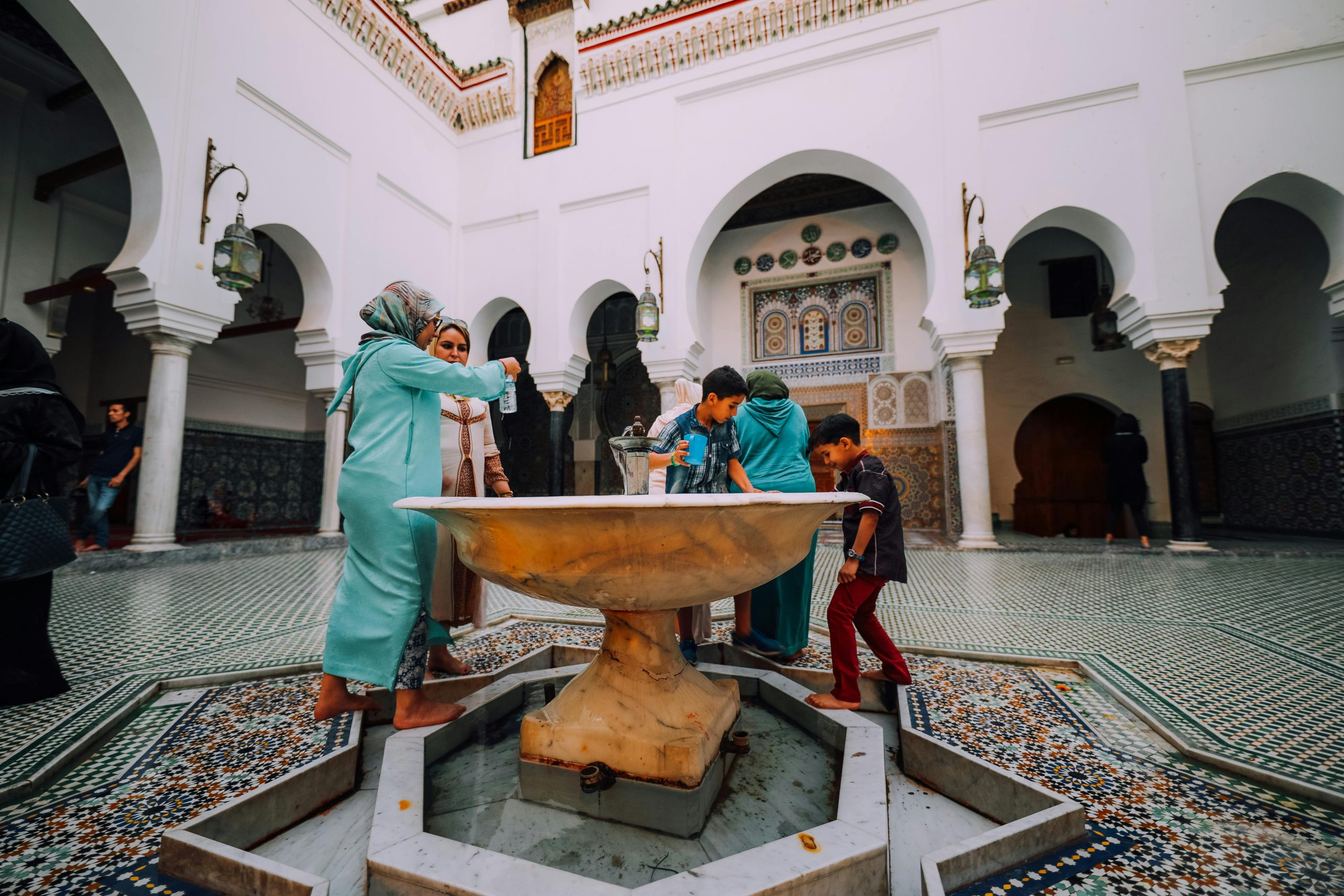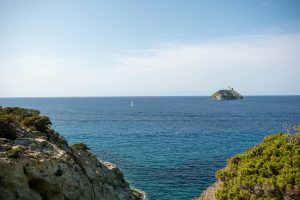Travel as Education: When Vacations Become Learning Experiences
As vacationers, we often view travel as a chance to escape the routine of daily life and relax in a new destination. However, travel can also serve as a valuable tool for education, providing opportunities to learn about different cultures, histories, and ways of life. In fact, when approached with a curious and open mind, vacations can become rich learning experiences that broaden our perspectives and deepen our understanding of the world. In this article, we will explore the concept of travel as education and how it can turn our vacations into unforgettable and enlightening journeys.
The Power of Immersion
One of the greatest advantages of travel as a form of education is the ability to immerse ourselves in different environments. Being physically present in a new place means we can experience firsthand the sights, sounds, smells, and tastes that make up a particular culture. This level of immersion offers a more profound understanding of a destination than simply reading about it in a book or watching a documentary. For example, visiting a local market in Thailand and bargaining with a vendor for fresh produce can teach us more about the country’s food culture and customs than any cooking class or recipe. The act of immersing ourselves in a destination allows us to learn by doing, making the experience more tangible and memorable.
Learning Through History
Travel also provides a unique opportunity to learn about the past through historical sites, museums, and landmarks. When we explore ancient ruins in Greece or visit the Anne Frank House in Amsterdam, we are not just taking a tour; we are experiencing history firsthand. These experiences not only deepen our knowledge of different time periods and events, but they also evoke emotions and connections to the past, making the learning experience more personal and meaningful.
The Role of Cultural Exchange
One of the most valuable lessons that travel can teach us is the importance of cultural exchange and understanding. When we travel, we are exposed to different ways of living, communicating, and thinking. This exposure allows us to challenge our preconceived notions and biases and gain a better understanding of the world and its diverse cultures. By interacting with locals, trying new foods, and participating in different customs, we can gain a more profound appreciation and respect for other ways of life. This cultural exchange not only enhances our understanding of others but also promotes empathy and open-mindedness, qualities that are essential in today’s interconnected world.
The Benefits of Hands-On Learning
Beyond gaining knowledge about history and culture, travel can also teach us practical skills and knowledge through hands-on learning. For example, taking a surfing lesson in Hawaii or a cooking class in Italy not only adds to the overall vacation experience, but it also allows us to learn something new and broaden our skill set. These types of activities also encourage creativity, problem-solving, and adaptability, all essential skills that can be applied to other areas of our lives.
The Impact of Sustainable Travel
Finally, travel as education can also create an understanding of the importance of sustainable and responsible travel practices. By learning about a destination’s environment, culture, and local communities, we can become more conscious travelers and make a positive impact on the places we visit. This involves being mindful of our carbon footprint, supporting local businesses, and respecting cultural norms and traditions. By incorporating these values into our travels, we can not only learn valuable lessons but also contribute to the preservation and conservation of our planet and its diverse cultures.
In Conclusion
When we view travel as more than just a relaxation period but as a chance for education and personal growth, we can transform our vacations into meaningful and enriching experiences. By immersing ourselves in different cultures, learning about history and customs, engaging in cultural exchange, and participating in hands-on activities, we can expand our perspectives and understanding of the world. So next time you plan a vacation, consider how you can incorporate these aspects of travel as education into your itinerary, and you’ll come back with more than just fond memories but also a deeper appreciation for the diverse world we live in.










